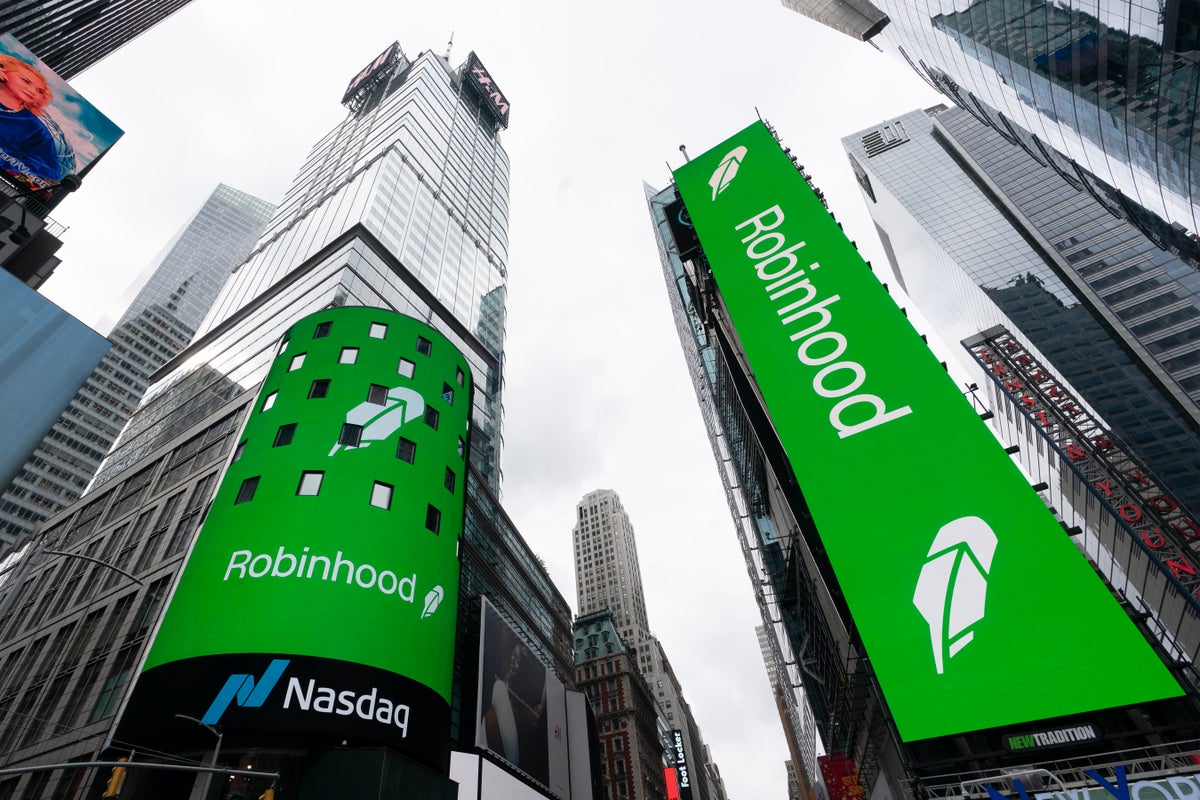Beware: Crypto Giants Navigate Risks and Rewards in Tokenization Push

The Rise of Tokenization in the Financial World
As cryptocurrencies continue to integrate into the traditional financial system, major players in the industry are striving to achieve a long-sought goal: transforming real-world assets into digital tokens. This process, known as tokenization, is gaining momentum and promises to revolutionize how trading occurs.
Vlad Tenev, CEO of Robinhood, highlighted this potential during a James Bond-themed tokenization launch event in southern France. He stated that tokenization could open the door to a massive trading revolution. Advocates argue that this innovation can help break down barriers that have historically favored the wealthy, making trading more affordable, transparent, and accessible for everyday investors.
However, critics warn that tokenization may challenge the established securities laws and investor protections that have made the U.S. financial system renowned globally. Robinhood's recent move to tokenize shares of private companies has already faced resistance from one of the world's most popular startups.
Understanding Tokenization
At its core, tokenization involves using blockchain technology—similar to what powers cryptocurrencies—to create digital tokens that represent assets such as bonds, real estate, or even fractional ownership of art. These tokens can be traded like cryptocurrency by anyone, anywhere, at any time.
The growth of stablecoins, which are typically pegged to a stable value like the US dollar, has further fueled interest in tokenizing other financial assets. Katie Haun, a crypto venture capitalist, compared the impact of tokenization to how streaming services transformed television viewing. She explained that just as Netflix expanded access to content, tokenization could expand investment opportunities.
Growing Momentum in Tokenization
Robinhood has started offering tokenized stock trading for its European customers and has given away tokens representing shares in OpenAI and SpaceX. Other companies, such as Kraken and Coinbase, are also exploring tokenized stocks. Meanwhile, Wall Street giants like BlackRock and Franklin Templeton offer tokenized money market funds. McKinsey predicts that tokenized assets could reach $2 trillion by 2030.
This push for tokenization coincides with a period of significant growth in the crypto industry. From its origins as a niche interest among libertarian-leaning computer enthusiasts, crypto has gained mainstream acceptance. Bitcoin recently reached an all-time high, while stablecoins are seeing increased use. The Trump administration has also pledged to usher in a "golden age" for digital assets.
Crypto’s Golden Age
Lee Reiners, a lecturer at Duke University, believes that exchanges like Robinhood could benefit significantly from the tokenization trend. However, he notes the irony, as the original intent of crypto was to bypass intermediaries.
The election of Donald Trump has also boosted interest in tokenization. His administration has prioritized more crypto-friendly regulations and recently signed a law regulating stablecoins. Paul Atkins, chairman of the SEC, emphasized the need to focus on advancing innovation in the marketplace.
Legal Considerations
Securities law can be complex, and defining what constitutes a security remains a contentious issue, especially in the crypto space. In 2021, Binance withdrew offerings of tokenized securities after German regulators raised concerns about potential violations of local laws.
Under Trump, the SEC has taken a less aggressive stance than the previous administration, pausing or dropping litigation against crypto companies. Hilary Allen, a professor at American University Washington College of Law, noted that crypto companies are becoming bolder in their offerings.
Despite this, the SEC has maintained a cautious approach. SEC Commissioner Hester Peirce warned that companies issuing tokenized stock should consider their disclosure obligations under federal law. She emphasized that blockchain technology cannot change the nature of the underlying asset.
Private Companies and Tokenization
One of the most closely watched areas of tokenization involves private companies, which are not subject to the same financial reporting requirements as public ones. Many startups are choosing to remain private, relying on wealthy and institutional investors rather than going public.
Advocates argue that this trend is unfair to smaller investors. Johann Kerbrat, a Robinhood executive, suggested that crypto has the potential to address this inequality. However, Robinhood's initiative to distribute tokens representing OpenAI shares faced backlash from the company itself, which denied involvement and endorsement.
Public companies are subject to strict financial reporting requirements, which help protect investors and provide legitimacy to the U.S. financial system. Hilary Allen compared the current push for tokenized sales of private company shares to the pre-SEC era of the 1920s, where unregulated sales led to significant losses for investors.
Conclusion
As the financial landscape continues to evolve, the role of tokenization remains a topic of intense debate. While it offers the promise of greater accessibility and efficiency, it also raises important legal and regulatory questions. The future of tokenization will depend on how these challenges are addressed and whether the benefits can be realized without compromising investor protection.







